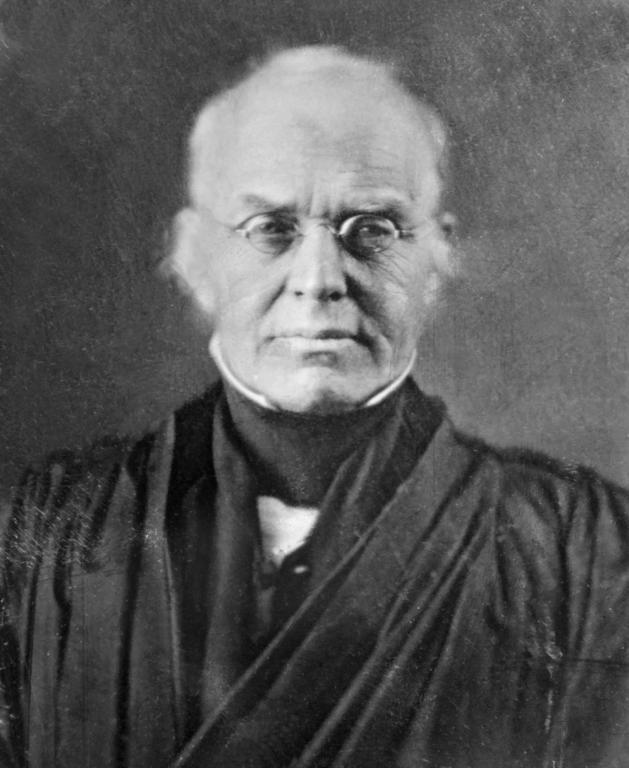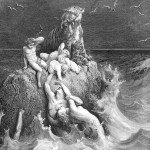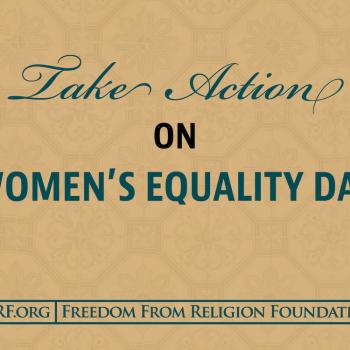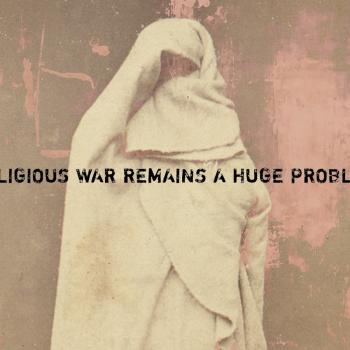Joseph Story

“One of the beautiful boasts of our municipal jurisprudence is that Christianity is a part of the Common Law. … There never has been a period in which the Common Law did not recognize Christianity as lying at its foundations. … I verily believe Christianity necessary to the support of civil society.” – Joseph Story: U.S. Supreme Court Justice
VERDICT: Deliberately Altered
Justice Story was on the Supreme Court from 1811 to 1845. He also said this: Article VI, paragraph 3 of the U.S. Constitution “declares, that ‘no religious test shall ever be required as a qualification to any office or public trust under the United States.’ This clause is not introduced merely for the purpose of satisfying the scruples of many persons, who feel an invincible repugnance to any religious test, or affirmation. It had a higher objective: to cut off for ever every pretence of any alliance between church and state in the national government.”
“One of the beautiful boasts of our municipal jurisprudence is that Christianity is a part of the Common Law. And, notwithstanding the specious objection of one of our distinguished statesmen, the boast is as true as it is beautiful. There never has been a period in which the Common Law did not recognize Christianity as lying at its foundations.”
[The ellipsis here was used to connect quotes from two entirely different writings.]
“I verily believe Christianity necessary to the support of civil society.” – Joseph Story: U.S. Supreme Court Justice
The ellipsis in the first quote omits an objection to this statement by a “distinguished statesm[a]n,” Thomas Jefferson. Jefferson wrote a wonderful essay on this topic, Whether Christianity is part of the Common Law?, concluding it was not. He echoed that conclusion in his February 10, 1814 letter to Thomas Cooper. This is a rather large omission for Hobby Lobby to make. Story is a bit cavalier in brushing Jefferson’s essay aside—Jefferson makes a convincing argument.
A few sentences later Story points out the terrors that occur when Christianity is tied to common law: “It tolerated nothing but Christianity, as taught by its own established church, either Protestant or Catholic; and with unrelenting severity consigned the conscientious heretic to the stake, regarding his very scruples as proofs of incorrigible wickedness. Thus, justice was debased, and religion itself made the minister of crimes, by calling in the aid of the secular power to enforce that conformity of belief, whose rewards and punishments belong exclusively to God.”
The second quote is from a letter dated March 24, 1801 – it is not even from the same book as the first. Hobby Lobby also cut the sentence off. The full quote also points out that Story supported the separation of state and church. His support for this separation caused him to defend his faith in this letter:
“I have been accused of a desire to propagate infidel principles and irreligious doctrines. This, also, I declare grossly false. I have never been an infidel, and so far from wishing to spread such opinions, have always envied the happiness of those who had no doubts. I do not recollect ever arguing at any times since I quitted the university concerning religion, and believe that it is beyond the power of malice to adduce a single instance in which I have endeavored to fortify irreligion. I verily believe Christianity necessary to the support of civil society, and shall ever attend to its institutions and acknowledge its precepts as the pure and natural sources of private and social happiness.”
Sources: Joseph Story, Value and Importance of Legal Studies (Aug. 25, 1829). Book containing first source. Letter from Joseph Story (Mar. 24, 1801). Book containing second source. Book containing Story’s discussion of the No Religious Test Clause.















